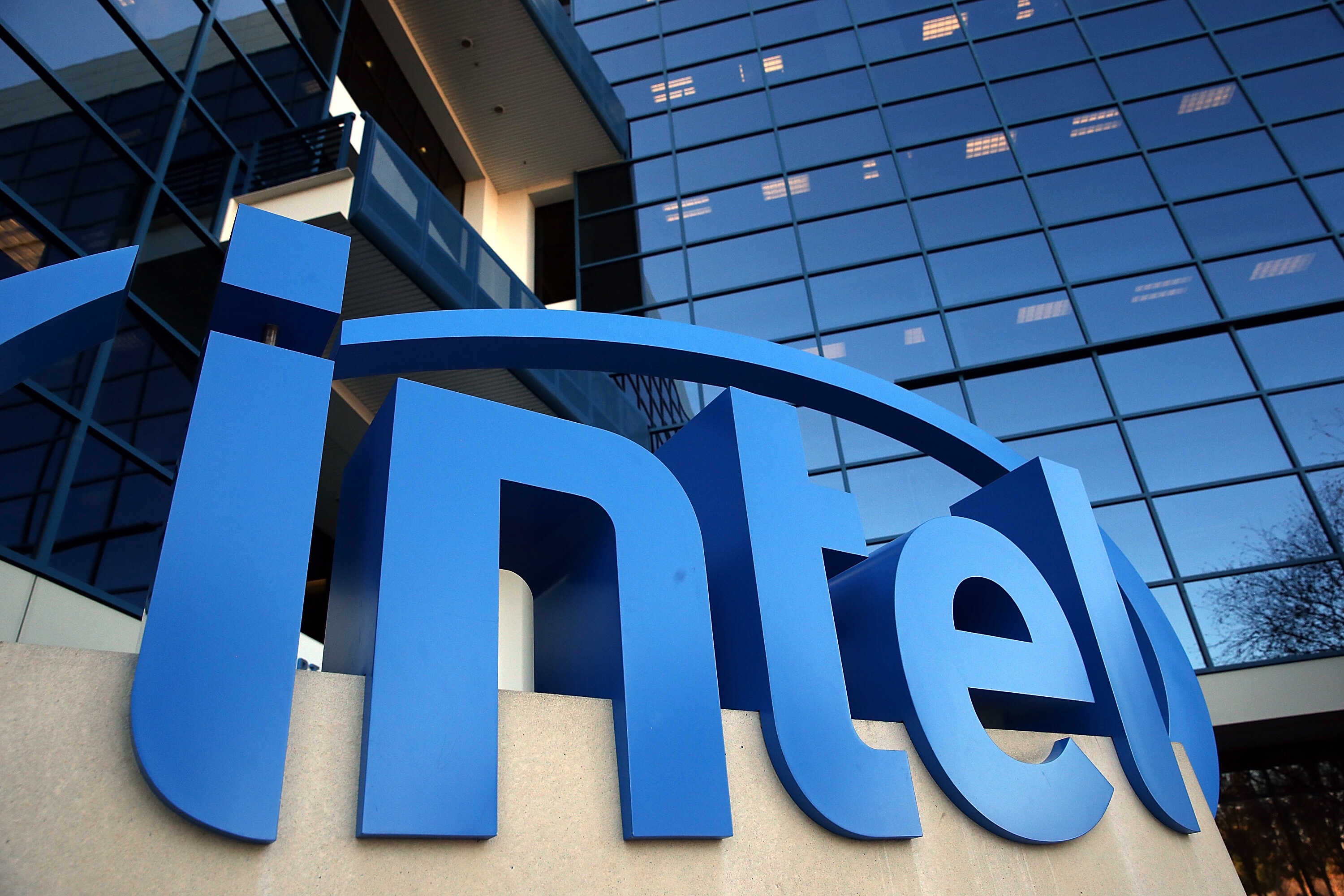Intel announced yesterday that it was expanding its bug bounty program to catch more issues like Meltdown and Spectre. For a little while now, we’ve known that there were three class-action lawsuits filed against Intel regarding these vulnerabilities, but according to an SEC filing, the total for the class-action lawsuits has growth to 30 multi-party lawsuits by customers and two securities suits.
Most of the lawsuits argue that Intel violated securities laws when it assured its products were in fact safe to use, which the Spectre and Meltdown flaws revealed to be false. The customer class-action lawsuits are seeking “monetary damages and equitable relief,” but the lawsuits are all in their early stage, so there’s no specific amounts at this time.
On top of this, the SEC filing showed that the company is also facing two class-action suits from shareholders claiming Intel officials have failed to respond to alleged insider trading, which likely referring to Intel CEO Brian Krzanich’s questionably-time stock sale late last year.
The Meltdown and Spectre vulnerabilities have shaken the tech industry, dating the present flaws in CPUs back to 1995. Per SEC filing, Google’s security team informed Intel about chip vulnerabilities back in June 2017, which are now known as Meltdown and Spectre. News regarding the vulnerabilities started to emerge as early as January, and Intel said to have been working hard to rush out patches, only to tell customers to not install them and wait for new ones because of issues.





